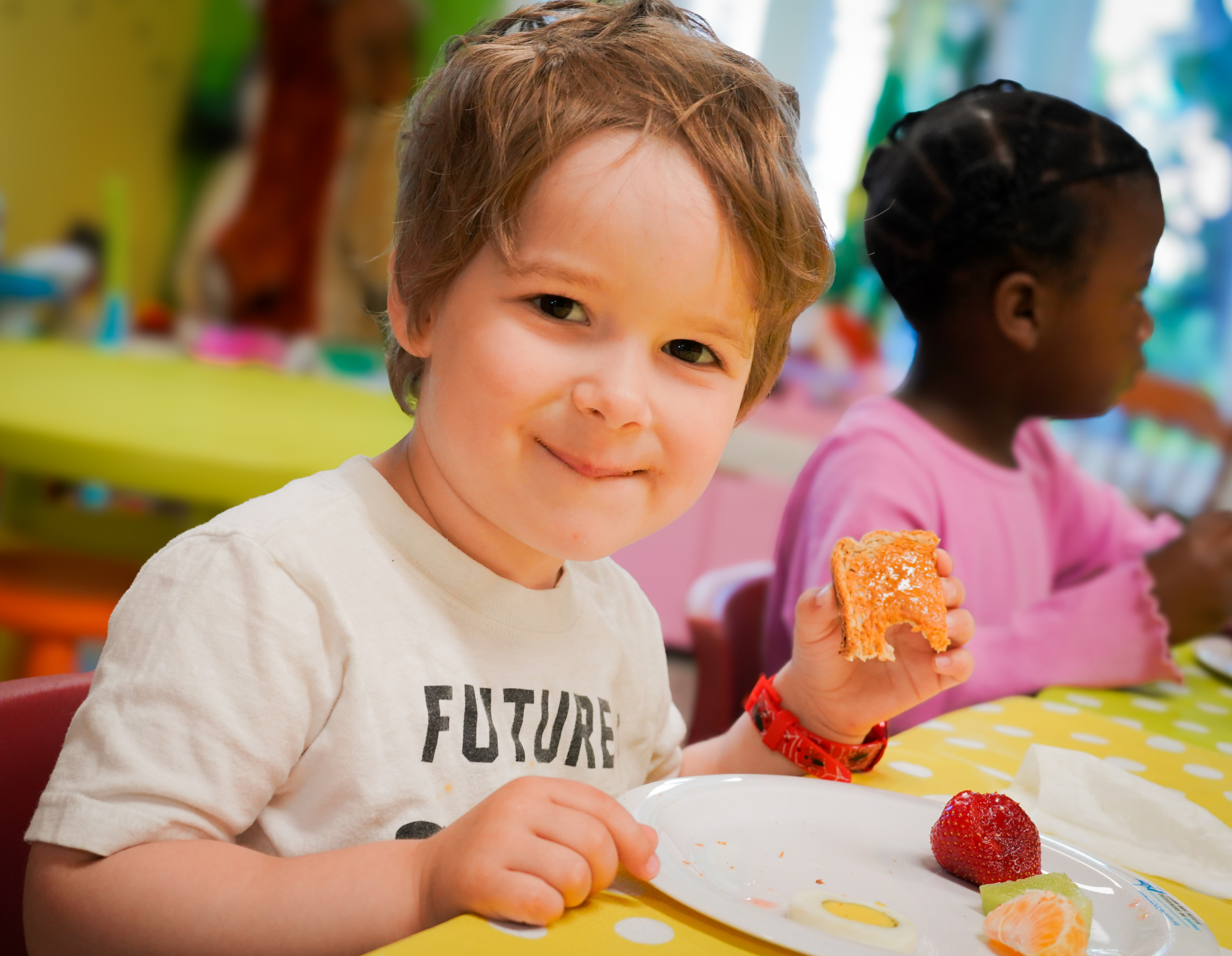
2025.07.02
 Back to home page
Back to home page












Whether you’re a volunteer, parent, teacher, student or donor, we want to hear from you. Tell us how a breakfast program has impacted your life or your community.* You have the power to inform, influence and inspire with your words.
*Always make sure the people you are writing about consent to your using their name.


